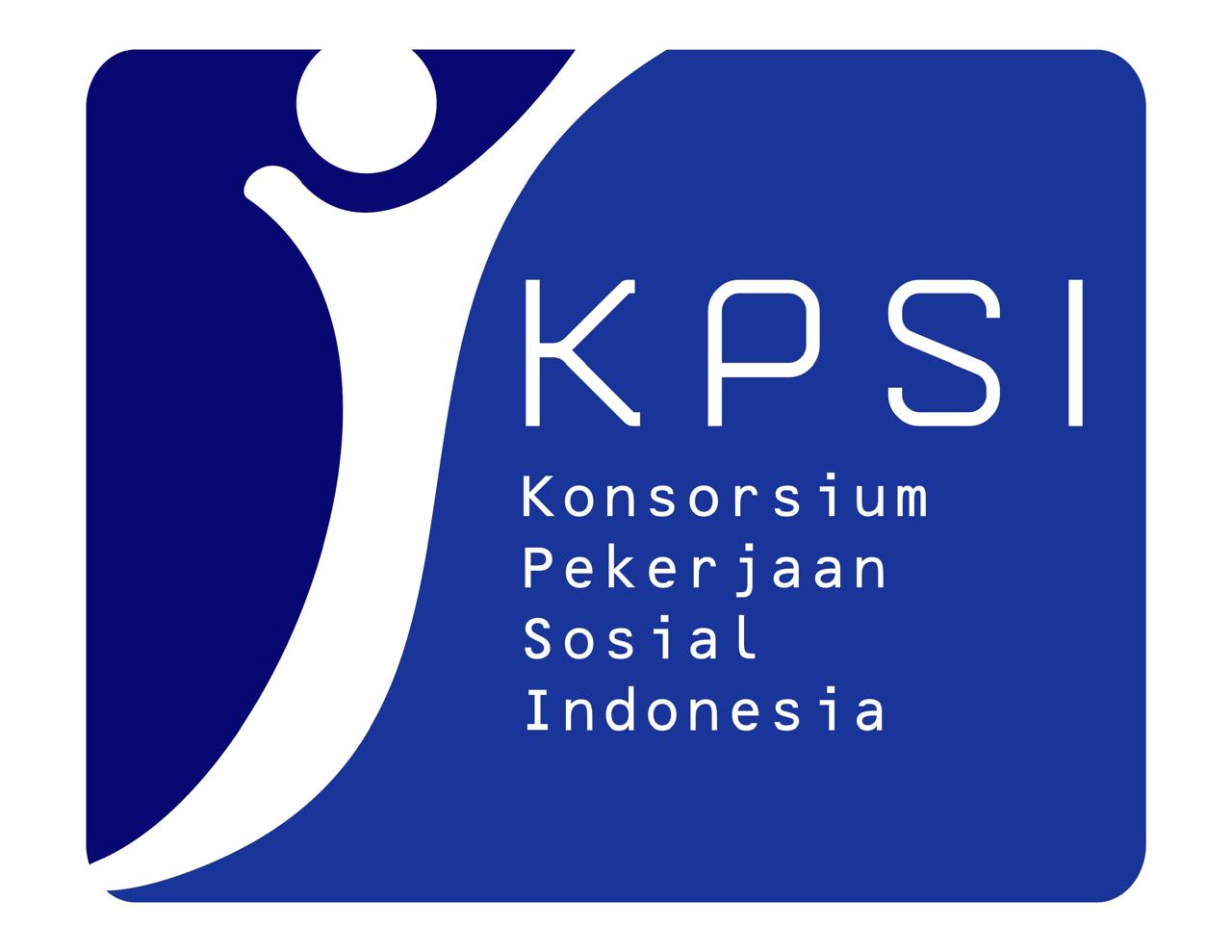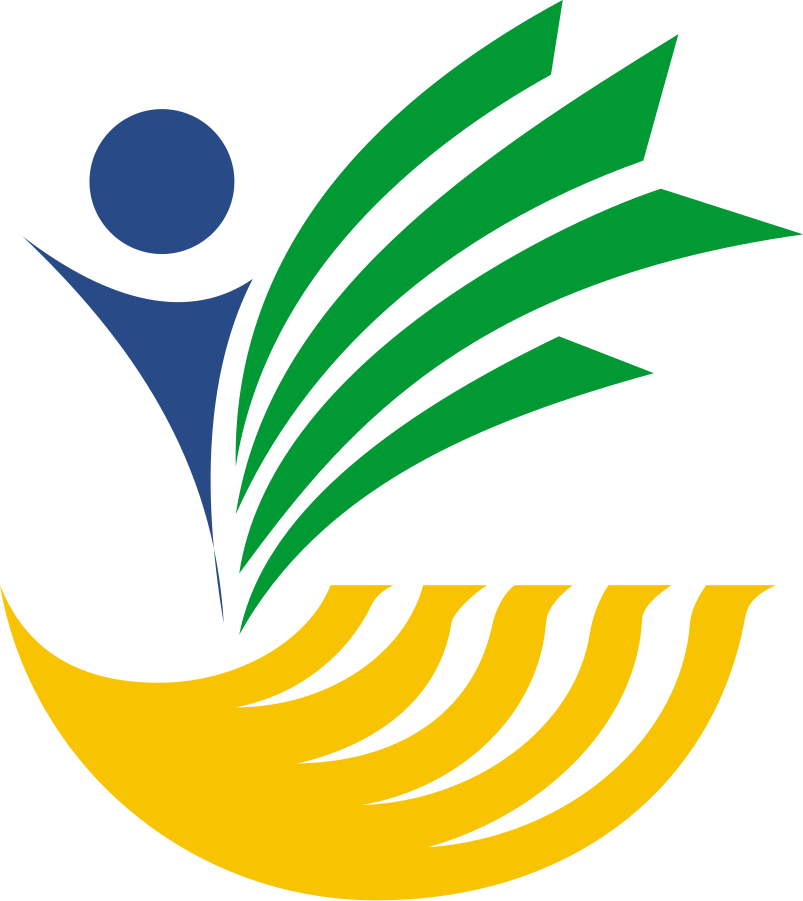Publication Ethics
ASEAN Social Work Journal (ASWJ)is an online international journal. In practice, all activities of journal publication in each volume have an inherent code of ethics and are shared responsibility by the advisory board, editor in chief, editors, reviewers, managing board, and author. This statement is inspired by COPE's Best Practice Guidelines by Elsevier for Journal Editors.
A. Advisory Board :
The duties of the advisory board are as follows:
- Provide direction on the implementation of the journal both substantially and operationally.
- Provide input on the theme of each edition of the journal publication.
- Protect the editor in chief, editor, editorial board, and managing board from the intervention of other parties (external parties).
B. Editor in Chief :
The ethics of the editor in chief are as follows:
- Coordinate journal publications
- Review submitted articles objectively
- Ensuring that all submitted articles are reviewed by reviewers, which are blind authors.
- Evaluating submitted manuscripts exclusively on the basis of their academic merit (quality, originality, research validity, clarity) as well as its relevance to the journal's aim and scope, regardless of the authors' race, gender, sexual orientation, ethnic origin, citizenship, religious belief, political philosophy or institutional affiliation.
C. Editors
The ethics of the editor is as follows
- Provide input on each incoming article objectively.
- Ensure that all articles reviewed do not have the author's name or blind version.
- Evaluating submitted manuscripts exclusively on the basis of their academic merit (quality, originality, research validity, clarity) as well as its relevance to the journal's aim and scope, regardless of the authors' race, gender, sexual orientation, ethnic origin, citizenship, religious belief, political philosophy or institutional affiliation.
- Decisions to edit and publish are not determined by the policies of governments or any other agencies outside of the journal itself. The editor has full authority over the entire editorial content of the journal and the timing of publication of that content.
- Must not disclose any information about a submitted manuscript to anyone other than the corresponding advisory board, editor in chief, author, reviewers, potential reviewers, managing board, and another supporting staff as appropriate.
D. Reviewers :
The ethics of the reviewers are as follows
- Conduct a review of the articles that come in every day with the provisions that have been set in accordance with the rules of scientific manuscript review.
- Provide input objectively by considering substantial values and conformity with the scope, aim, and scope of ASWJ.
- Evaluating submitted manuscripts exclusively on the basis of their academic merit (quality, originality, research validity, clarity) as well as its relevance to the journal's aim and scope, regardless of the authors' race, gender, sexual orientation, ethnic origin, citizenship, religious belief, political philosophy or institutional affiliation.
- Must not disclose any information about a submitted manuscript to anyone other than the corresponding advisory board, editor in chief, editorial board, author, potential reviewers, managing board, and another supporting staff as appropriate.
E. Author/Author
Publication ethics for writers include:
- Authors should ensure that they have written and submit only entirely original works, and if they have used the work and/or words of others, that this has been appropriately cited. Publications that have been influential in determining the nature of the work reported in the manuscript should also be cited. Plagiarism takes many forms, from "passing off" another's paper as the author's own, to copying or paraphrasing substantial parts of another's paper (without attribution), to claiming results from research conducted by others. Plagiarism in all its forms constitutes unethical publishing behavior and is unacceptable. The accepted similarity of the submitted articles for publication consideration is less than 10%.
- Authors of original research should present an accurate account of the work performed as well as the objective/s discussion of its significance. Underlying data should be represented accurately in the paper. A paper should contain sufficient detail and references to permit others to replicate the work. Fraudulent or knowingly inaccurate statements constitute unethical behavior and are unacceptable.
- Authorship should be limited to those who have made a significant contribution to the conception, design, execution, or interpretation of the reported study. All those who have made significant contributions should be listed as co-authors. Where there are others who have participated in certain substantive aspects of the research project, they should be acknowledged or listed as contributors. The corresponding author should ensure that all appropriate co-authors and no inappropriate co-authors are included on the paper, and that all co-authors have seen and approved the final version of the paper and have agreed to its submission for publication.
- If necessary, authors will be asked to provide the raw data in connection with a paper for editorial review, and should be prepared to provide public access to such data . Also, if practicable, and should in any event be prepared to retain such data for a reasonable time after publication.
- An author should not in general publish manuscripts describing essentially the same research in more than one journal or primary publication. Submitting the same manuscript to more than one journal concurrently constitutes unethical publishing behavior and is unacceptable. Authors must clearly acknowledge in the cover letter that the paper was not published before and is not under revision for any journal's publication.
- Authors are obliged to participate in the review process and cooperate fully by responding promptly to editors' requests for raw data, clarifications, and proof of ethics, patient consents and copyright permissions. In the case of a first decision of "revisions necessary", authors should respond to the reviewers' comments systematically, point by point, and in a timely manner, revising and re-submitting their manuscript to the journal by the deadline given.
- Proper acknowledgment of the work of others must always be given through the Cover Letter. Authors should cite publications that have been influential in determining the nature of the reported work.
- All authors should acknowledge in their manuscript any financial or other substantive conflict of interest that might be construed to influence the results or interpretation of their manuscript. All sources of financial support for the project should be disclosed.
- When an author discovers a significant error or inaccuracy in his/her own published work, it is the author's obligation to promptly notify the journal editor and cooperate with the editor to retract or correct the paper.
F. Editorial Board :
Editorial board has a task
- Provide input on each incoming article objectively.
- Ensure that all articles reviewed do not have the author's name or blind version.
- Reviewing articles objectively without considering the author's background such as nationality, university, ethnicity, religion, race and between groups.
- Must not disclose any information about a submitted manuscript to anyone other than the corresponding advisory board, editor in chief, author, reviewers, potential reviewers, managing board, and another supporting staff as appropriate.
H. Managing Board :
The ethics of the managing board are
- Coordinate the review of incoming articles.
- Reviewing articles objectively without considering the author's background such as nationality, university, ethnicity, religion, race and between groups.
- Ensure that the submitted article has passed the plagiarism provisions with a turniti plagiarism value with a range of 0 to 10 percent (20).
- Must not disclose any information about a submitted manuscript to anyone other than the corresponding advisory board, editor in chief, editorial board, author, reviewers, potential reviewers, and another supporting staff as appropriate.
- Ensure that all submitted manuscripts are considered for publication undergo peer-review by at least two reviewers who are expert in the field. The managing boards are responsible for deciding which of the articles submitted to the journal should be published. The validation and quality of the work in question and its importance to researchers and readers must always drive such decisions. The editors may be guided by the policies of the journal's editorial board and constrained by such legal requirements as shall then be in force regarding libel, copyright infringement and plagiarism.
- Committed to the permanent availability and preservation of scholarly research and ensures accessibility by partnering with organizations and maintaining our own digital archive.
- Committed to the permanent availability and preservation of scholarly research and to ensure accessibility by converting and upgrading digital file formats to comply with new technology standards.
- In cases of alleged or proven scientific misconduct, fraudulent publication or plagiarism, the team of managing board, in close collaboration with the advisory board, editor in chief, editors, and editorial board will take all appropriate measures to clarify the situation and to amend the article in question. This includes the prompt publication of an eratum, clarification or, in the most severe case, the retraction of the affected work.
- together with the advisory board, editor in chief, editors, and editorial board shall take reasonable steps to identify and prevent the publication of papers where research misconduct has occurred, and under no circumstances encourage such misconduct or knowingly allow such misconduct to take place.
- Distribute the journal printed version



























